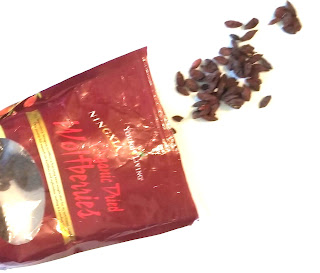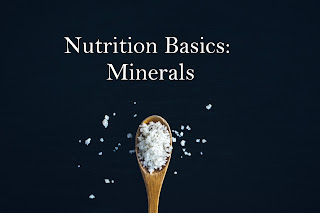Carb FAQs including Why Carbs Are Important

I believe in everything in moderation. But, sometimes people make carbs out to be bad and recommend low-carb diets. So, let's address this misconception that carbs are unhealthy.... First off, everyone needs all three of the macronutrients--carbohydrates, proteins, & fats. There is no single amount of carbs that is right for everyone, but there is a recommended range... Acceptable Macronutrient Distribution Range (AMDR) AMDR is a fancy phrase for the percent of calories that should come from carbs, fat, and protein, as recommended by the Institute of Medicine : 45-65% Calories from Carbohydrates 20-35% Calories from Fat 10-35% Calories from Protein Because these nutrient recommendations are a range, everyone can get them differently. Some people do very well on a high carb diet with 65% calories from carbohydrates. Some people do well with only 45% calories from carbs. What do these percentages even mean? These percentages probably mean nothing to you. So, let's look at wh...










